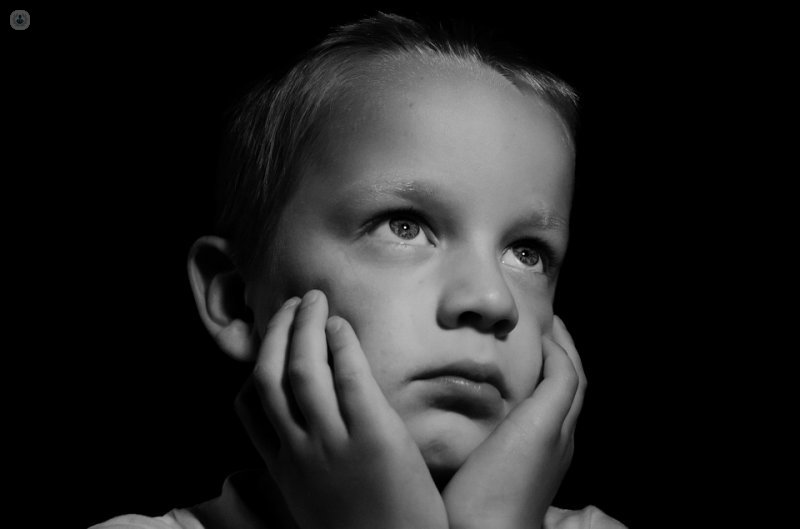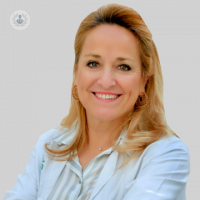How to stop bullying or bullying
Written by:Bullying is a form of physical or psychological mistreatment of children, exercised by peers. New technologies and the easy access to these have influenced the increase in cases. The consequences can be fatal to children, leaving life-long consequences. Hence the importance of detecting cases of Bullying in time to take action and help the victim as soon as possible.

Bullying: What it is and types
Bullying is a form of violence or physical or psychological abuse, repeated over time, which is exercised by other children about their environment under either their school environment or other environments where children exercise extracurricular activities. physical and / or psychological: to be a form of violence, two types of bullying are distinguished. The less common than mental, physical bullying is characterized by exercise physical violence against a fellow. It is more common in males and is carried out repeatedly, for one or more companions, jostling and bumps, reaching the most extreme beatings and even get to record to "hang" on social media cases. Also, rare in children, sexual harassment is a form of physical harassment.
The psychological bullying is more subtle and difficult to objectify initially for its various forms. It is exercised more frequently among girls. It consists of repeated, malicious and deliberate on the dignity of the minor attacks, in order to intimidate and isolate socially among equals. They use coercion, intimidation, taunting, name-calling, gestures of contempt, belittling, ridiculing and. They are vexations that the victim experiences in silence and solitude. The intensity and frequency of these behaviors increases as time passes and can lead to threats and finally a physical bullying.
Influence of new technologies on increasing cases of Bullying
The ease of use of new technologies as a means of maintaining social relationships and maintain status within the group, as well as not being "seen" by others, easy to perform these behaviors of harassment in silence or with the complicity of third parties. The ease of use and access, as well as the universality of social networks has led to the rise of this form of violence, as well as a generalization to exercise harassment environments and people who may not even know the victim.
Vulnerable groups suffer Bullying
The period of greatest risk is in the early teens, aged between 9 and 14 years, which is a stage of incomplete maturation. Thus, between 9 and 11 years are more frequent cases of psychological bullying, while between 11 and 15 cases of cyberbullying are more common and, over 15 years, cases of physical harassment. Moreover, children who suffer Bullying usually very sensitive and timid children. There is another group of children likely to suffer bullying than the above, which are children with functional limitations or such diversity as Asperger syndrome or Down syndrome.
Consequences of Bullying in children
Children suffering Bullying develop fears, fears and insecurities, as bullying, being maintained over time, triggered psychological consequences by undermining their self-esteem. In adolescence can cause them difficulty finding and maintaining social contacts, which are the fundamental support at this stage of growth and maturity as individuals. Lonely and socially excluded and therefore psychiatrists see many self-injurious behavior in said step. These consequences can lead to serious emotional disorders such as depressive symptoms, and may even lead to suicide.
Recommended treatment in cases of Bullying
Bullying to treat a variety of therapeutic and preventive strategies are used, in order to help the child overcome the damage exerted on it, increasing their self-esteem and prevent development of sequelae.They are not short-term treatments, but require monitoring and support the development of children.Moreover, the family intervention is a key part of the treatment provided in coordination with the school. You could say that is a multidisciplinary approach to triple approach: Individual with the child, the family and the school.
What can parents do to to prevent cases of Bullying
The main recommendation is to encourage dialogue with the children every day. Show interest in their daily lives at school, not only by school results, but by what happens outside the classroom: who plays, what play, who their friends are, if any incident with the other children has happened , etc. In general, make the child feel comfortable talking about their daily lives so that in the unlikely event there is harassment, does not become a victim who suffers in silence, with sequelae.However, we must also see if the child changes behavior, if it is less communicative, if isolated at home, if you are sad or angry permanently. These are all warning signs.It is also important to be "vigilant in the shade" with the use of new technologies: the use given to mobile conversations you have, who you're talking ...
What to do if your child has Bullying
First, and with the greatest discretion not to exercise an alarm that can do more harm to the child, it is important to contact the director of the center, so that appropriate measures for the immediate cessation of harassment are taken, because there are protocols performance centers.Moreover, you should also tell your doctor, who is the health professional to follow the evolution of the physical and mental health of minors.We must also offer our child the support of a professional, a psychologist, to help them out of their "silence" and at the same time, guide parents in handling the situation. In the most serious cases where there are emotional disorders, they should also be assisted by a physician experienced in Psychiatry .
If the bullying is physical, you should go to a medical facility or doctor to treat minor injuries. Since this environment reporting procedures with an injury report, which will be processed at the police court corresponding health center from the start. Subsequently, the child must also receive psychological help.
If the case is clear and obvious, and the child agrees, it would be an effective measure to change schools.
Moreover, it is also convenient report, although minor, and you can not tolerate any kind of violence, much less that more and more victims and executioners. They are smaller, but they are not unpunished and our duty as adults is to put all the measures at our disposal in order to restore, for their sake, their abnormal behaviors. However, the sanctions legislation treats the child as it is, a minor.


